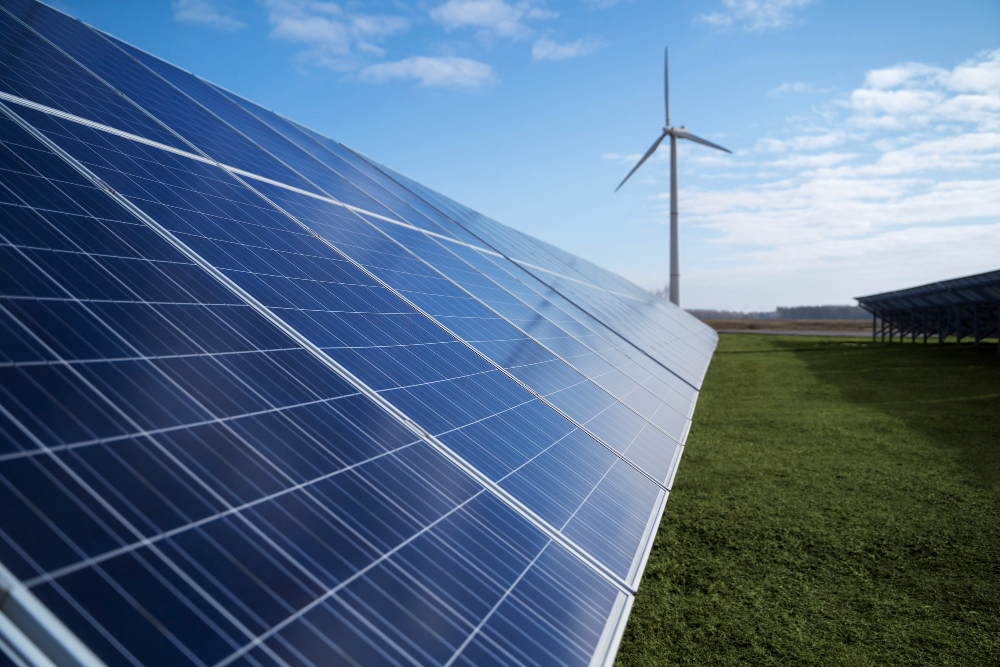Germany has made significant strides in its energy transformation under the Energiewende policy, but more decisive action is required to meet its 2045 climate neutrality targets. According to the latest Energy Policy Review by the International Energy Agency (IEA), the country must revamp its electricity system to cope with an evolving mix dominated by renewable power.
The report, launched in Berlin by IEA Deputy Executive Director Mary Burce Warlick and Stefan Wenzel, Parliamentary State Secretary at the Federal Ministry for Economic Affairs and Climate Action, emphasizes the need for system-wide reforms to ensure energy affordability, resilience, and emissions reduction in sectors like transport, industry, and buildings.
“Germany stands at a crucial juncture in its energy journey,” Warlick said, noting that timely policy support could unlock new economic potential and enhance national energy security.
Progress Made, But Energy Crisis Lingers
Germany has phased out nuclear energy and reduced its dependence on coal, while accelerating the deployment of wind and solar power. However, the country still faces headwinds stemming from the energy crisis triggered by reduced Russian gas supplies, which has led to regional grid stress and high electricity prices.
The IEA warns that affordability concerns and industrial competitiveness could suffer unless Germany strengthens grid infrastructure, enhances system flexibility, and intensifies efforts to expand renewable generation.
Transport: Germany’s Biggest Emission Challenge
Transport remains the highest-emitting sector in Germany, underscoring the need for bold, integrated action. The IEA advises a mix of measures including:
Greater support for electric vehicles and biofuels
Upgrades to public transportation infrastructure
Widespread charging station deployment
The agency stresses the importance of consumer incentives to shift behaviors and accelerate low-emission mobility options.
Tackling Building Emissions Through Policy and Communication
Germany’s aging building stock poses another challenge. While the Buildings Energy Act and Heat Planning Act have laid a strong policy foundation for emissions cuts via district heating and heat pumps, the IEA notes that effective implementation and household engagement are critical for real-world results.
Hydrogen Strategy Needs Action, Not Just Ambition
Germany’s aspirations to become a global hydrogen leader are clearly outlined, with mechanisms to link buyers and suppliers and fund infrastructure. Yet, the IEA finds that project investments are lagging behind.
To unlock the hydrogen economy, the report suggests the government must focus on demand-side policies that encourage industrial uptake and provide clarity for investors.
IEA’s Final Word: Economic Gains Possible, But Challenges Remain
In its concluding assessment, the IEA says Germany has a major opportunity to lead globally in clean energy, thanks to its technological prowess and industrial base. However, realizing this potential requires navigating energy costs, public opinion, and competitive pressures.
“With sustained commitment and smart policy execution, Germany can turn its energy transformation into a model for the world,” the report concludes.



